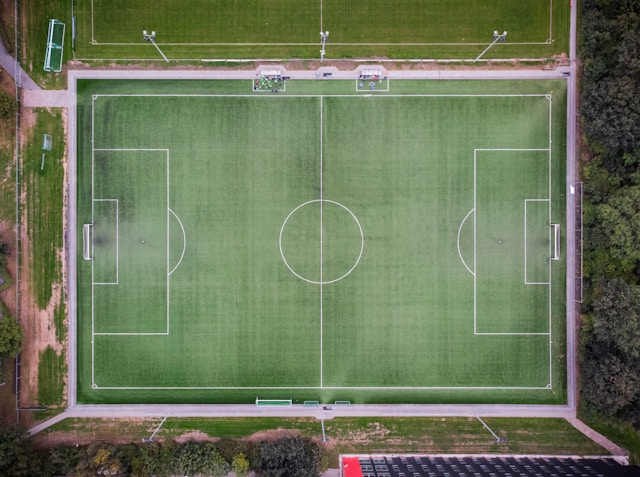As you immerse yourself in studies, the significance of leisure time often diminishes behind a growing pile of responsibilities. Ignoring the need for downtime can lead to burnout and decreased academic performance. Keep reading to unearth the delicate balance of work and play, and discover why you need to prioritize both.
Balancing Academic Responsibilities with Leisure Activities
College life is often synonymous with late-night study sessions and back-to-back deadlines. Engaging in leisure activities can offer a refreshing break and prevent academic fatigue. Scheduling fun activities can be as important as marking exam dates on your calendar. It offers something to look forward to, acting as a motivation boost amidst demanding coursework.
The fear of lagging behind academically can deter you from stepping away from your desk. However, incorporating leisure time strategically can lead to more effective study habits. Periodic breaks can reinforce learning and enhance the ability to tackle complex concepts.
Leisure pursuits can sometimes lead to discovering newfound passions or career paths. For example, by engaging in games like free sweepstakes games online, you might find an interest in game development.
The Psychological Benefits of Scheduling Downtime in College
Educational pursuits can also be a source of significant stress for students. Downtime serves as an essential buffer against the pressures of academic life.
Leisure activities have been linked to reduced stress and improved mood. These recreational moments can act as mental ‘reset buttons,’ providing clarity and refreshment. They help sustain focus and motivation when returning to study tasks.
If you are far from home, building a network through fun communal experiences can be a foundation for your college journey.
Strategies for Integrating Social Fun into a Busy College Schedule
Finding the right balance between studies and social life can be challenging but not insurmountable. One strategy is to treat social engagements with the same importance as academic ones. This means setting aside time for these activities and honoring them as you would a class or study session.
Group study can bridge the gap between work and play. These sessions offer the benefit of social interaction while accomplishing academic goals. Moreover, group study often leads to the sharing of insights that you may overlook when studying alone.
Technology can also facilitate social connections in brief, manageable doses. Quick video chats, online games, or social media interactions can provide quick feel-good moments.
Creative Ways College Students Can Make Time for Fun Without Sacrificing Study Time
Creativity is key when it comes to intertwining fun with a tight college schedule. One creative approach involves incorporating enjoyable elements into study routines. For instance, using gamified learning tools can make study sessions more engaging and fun.
Optimizing wait times, like the minutes spent on a bus or waiting in line for coffee, can also be part of a fun-seeking strategy. Audiobooks, podcasts, or language learning apps can make mundane moments informative and fun.
Utilizing campus facilities to their fullest is also a savvy approach. Many colleges have an array of amenities from art galleries to rock climbing walls, which are often free or discounted for students. Engaging in these accessible options can be an efficient way to break the monotony.
Addressing the Myths: Why Fun is Essential, Not a Distraction for Successful Students
The misconception that fun serves as a mere distraction to academic achievement is widespread. Yet, research has shown that students who engage in regular leisure activities have brighter cognitive functions. Balance, rather than total immersion in either study or play, is the key.
It is also a mistaken belief that meaningful learning only happens in formal settings. On the contrary, many life skills are learned in informal environments, often during leisure activities. Team sports, for instance, can teach teamwork, leadership, and resilience—skills highly valued in the professional world.
Lastly, it’s worth considering the positive long-term implications. Students well-versed in balancing work and play are likely to carry this healthy habit into their professional lives.
If you’re looking for a degree program that could change lives, consider enrolling in a substance abuse counseling program online and start your journey to helping others.
In short, as a college student, you should see fun as an essential component of your educational experience not as a hurdle to your success. By integrating leisure with academic pursuits, you can improve your well-being and resilience.











